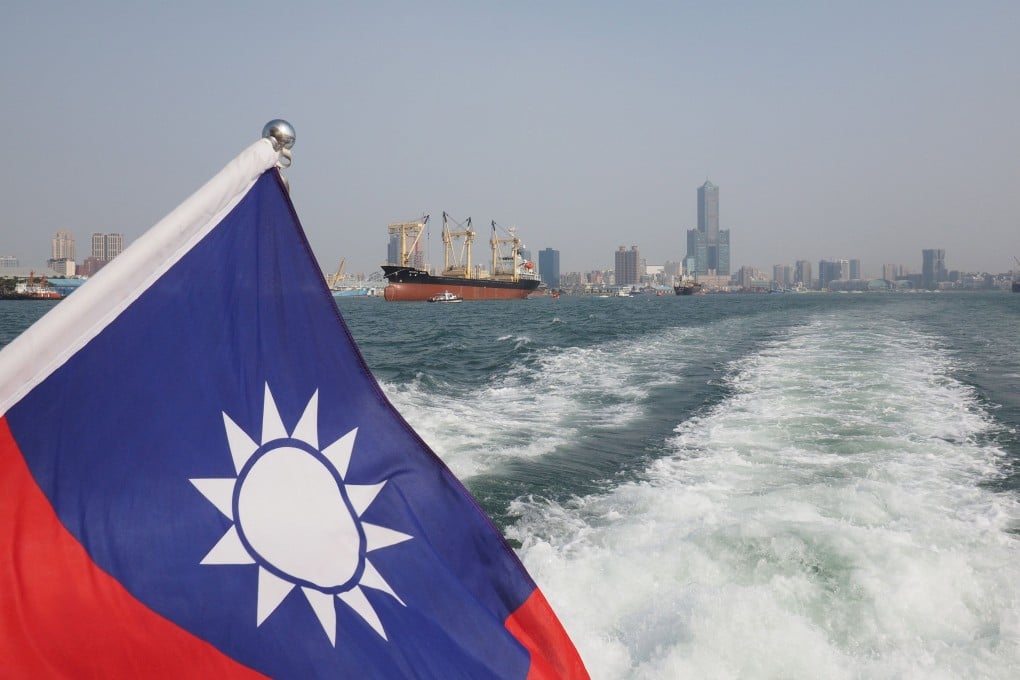Advertisement
Chinese and Taiwanese trade pact bids on CPTPP agenda this week: report
- Bloc’s commission will discuss membership applications from two parties at meeting on Thursday, Liberty Times reports
- Japan’s influence will be key but mainland China’s opposition a challenge, analysts say
Reading Time:3 minutes
Why you can trust SCMP
7

Taiwan’s application to join a massive multilateral trade deal is expected to be discussed by the bloc’s commission this week, five months after it was submitted.
The commission overseeing the Comprehensive and Progressive Agreement for Trans-Pacific Partnership (CPTPP) will reportedly discuss the island’s membership application along with submissions from mainland China and Ecuador.
Taiwan applied to join the CPTPP on September 22, six days after Beijing did so and amid concerns that the island could be blocked from the deal.
Advertisement
Beijing considers the self-ruled island its territory that must be taken in control, by force if necessary and opposes Taiwan’s application, saying it is part of China.
Citing unnamed government sources, the Taipei-based Liberty Times reported on Monday that the commission was expected to hold an online meeting on Thursday to discuss the three applications.
Asked to confirm the report, Taiwan’s top trade negotiator John Deng neither denied nor acknowledged the schedule, saying the island did not have the remit to discuss such a meeting.
Advertisement
Select Voice
Choose your listening speed
Get through articles 2x faster
1.25x
250 WPM
Slow
Average
Fast
1.25x
